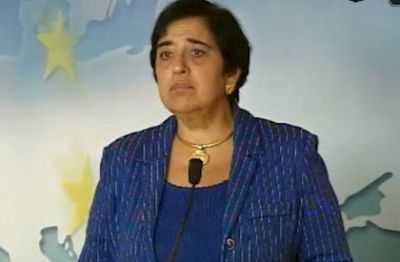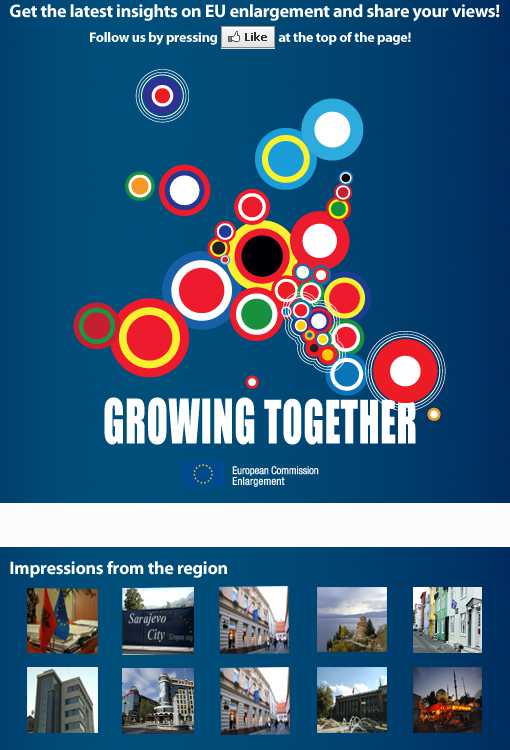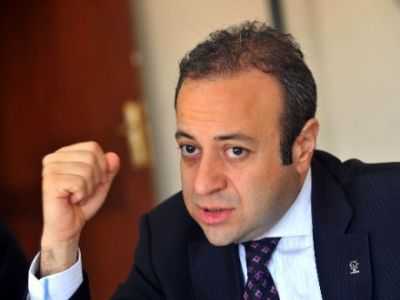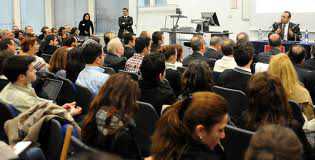By Associated Press, Published: March 8
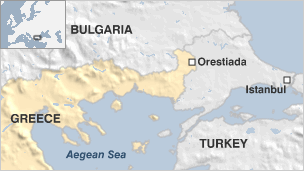 BRUSSELS — The number of illegal migrants crossing into Greece from Turkey has fallen sharply since September, authorities said Thursday, a dip that coincides with improved border controls.
BRUSSELS — The number of illegal migrants crossing into Greece from Turkey has fallen sharply since September, authorities said Thursday, a dip that coincides with improved border controls.
European Union officials said the Frontex agency reported that the number of migrants crossing the EU’s most porous land border had decreased from 2,000 to just 500 a week. The report was delivered at a meeting of the bloc’s 27 Home Affairs ministers in Brussels.
“The report shows that the overall situation remains worrying,” EU Home Affairs Commissioner Cecilia Malmstrom told reporters after the meeting. “There is progress, but there remains a lot of work to be done.”
Frontex helps coordinate the work of national border authorities and provides expert assistance. It was deployed to the Greek-Turkish border in the second half of last year. Greece also has established an asylum authority which will operate a number of camps in order to better manage the flows.
On Wednesday, ministers from seven northern EU nations — Austria, Belgium, France, Germany, The Netherlands, Sweden and Britain — called for an action plan to stem the tide of illegal migration into the union. They also urged better cooperation with non-member Turkey on security and migration issues and better management by Turkey of its own borders.
Passport-free travel in the so-called “Schengen zone” is considered one of the European Union’s signal achievements, easing the lives of ordinary citizens. But what applies to EU citizens also applies to illegal migrants — once they enter the Schengen zone, they can travel to any of its countries without showing passports or any other documents.
“Europe’s external borders must be effectively and consistently managed, on the basis of the principle of solidarity and fair sharing of responsibility, mutual trust and increased practical cooperation,” said the conclusions adopted after Thursday’s ministerial meeting.
The European Union’s executive commission is due to submit in May a report on the functioning of the Schengen system, which covers all EU states except Britain and Ireland.
Last month, Greece announced that it will build a 6-mile- (10-kilometer) long, 13-foot- (4-meter) tall fence topped with razor wire on its border with Turkey to deter illegal immigrants.
Most of Greece’s 125-mile (200 kilometer) border with Turkey runs along a river known as Evros in Greece and Meric in Turkey. The new fence, which Turkey’s government has not opposed, will block a short stretch of dry land between the two countries.
The border is the main venue for illegal crossings into the European Union. Thousands of illegal immigrants cross from Turkey into Greece at this point each year, often traveling from there to other parts of Europe.
Since Greece is on the southeastern edge of the Schengen area, and Turkey has not signed the Schengen Agreement, Greece is required to maintain control of the border with the assistance of Frontex.
via EU: Numbers of illegal migrants crossing into Greece from Turkey falls sharply – The Washington Post.

